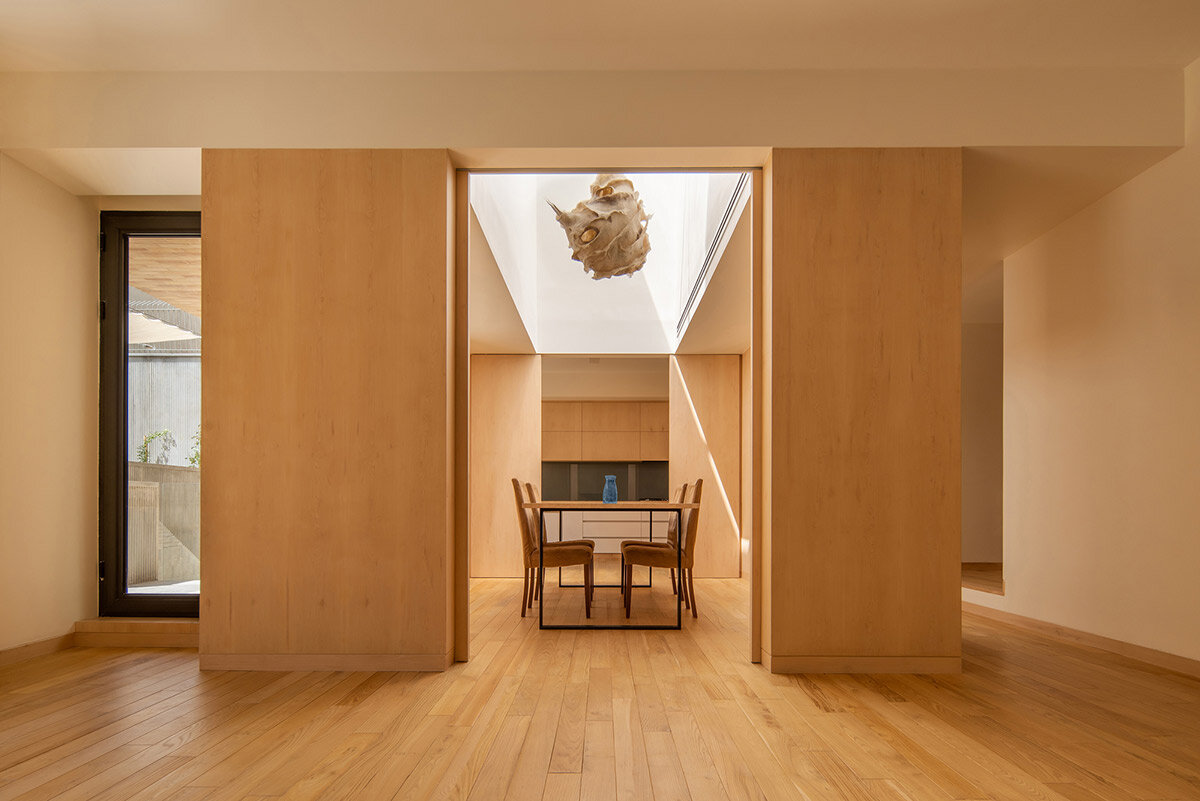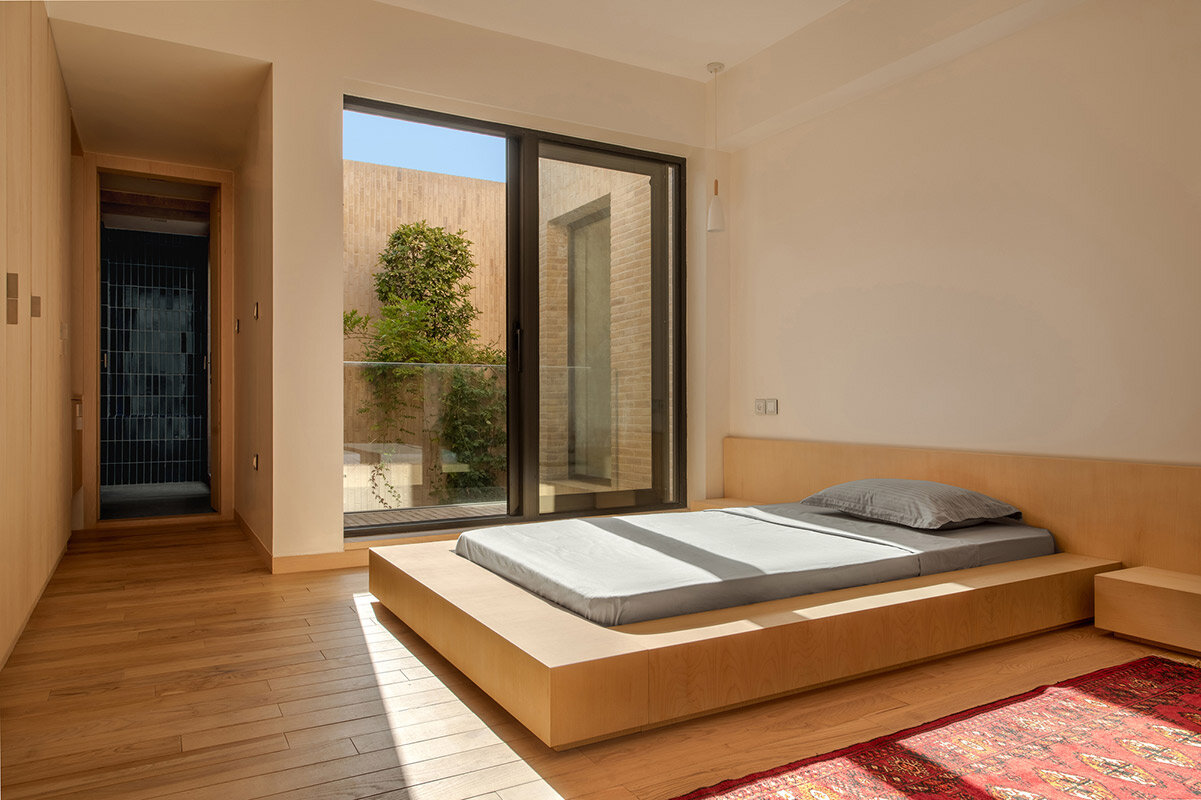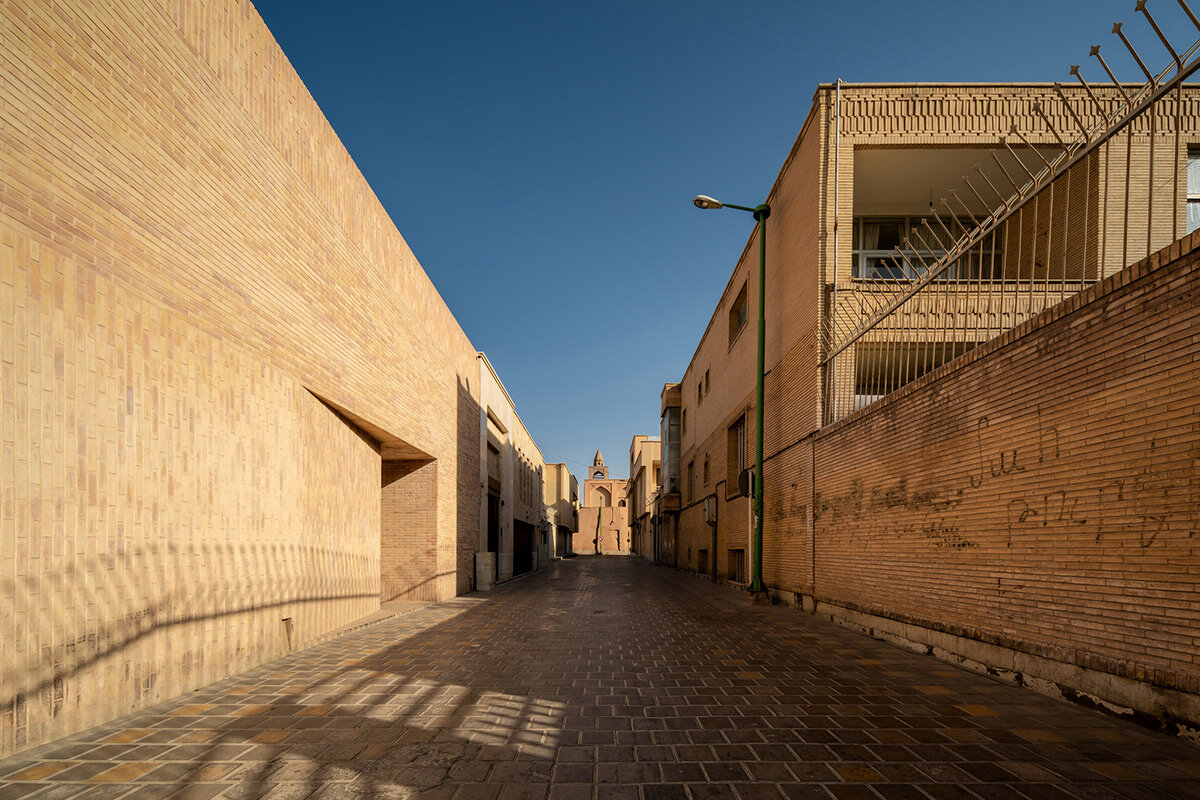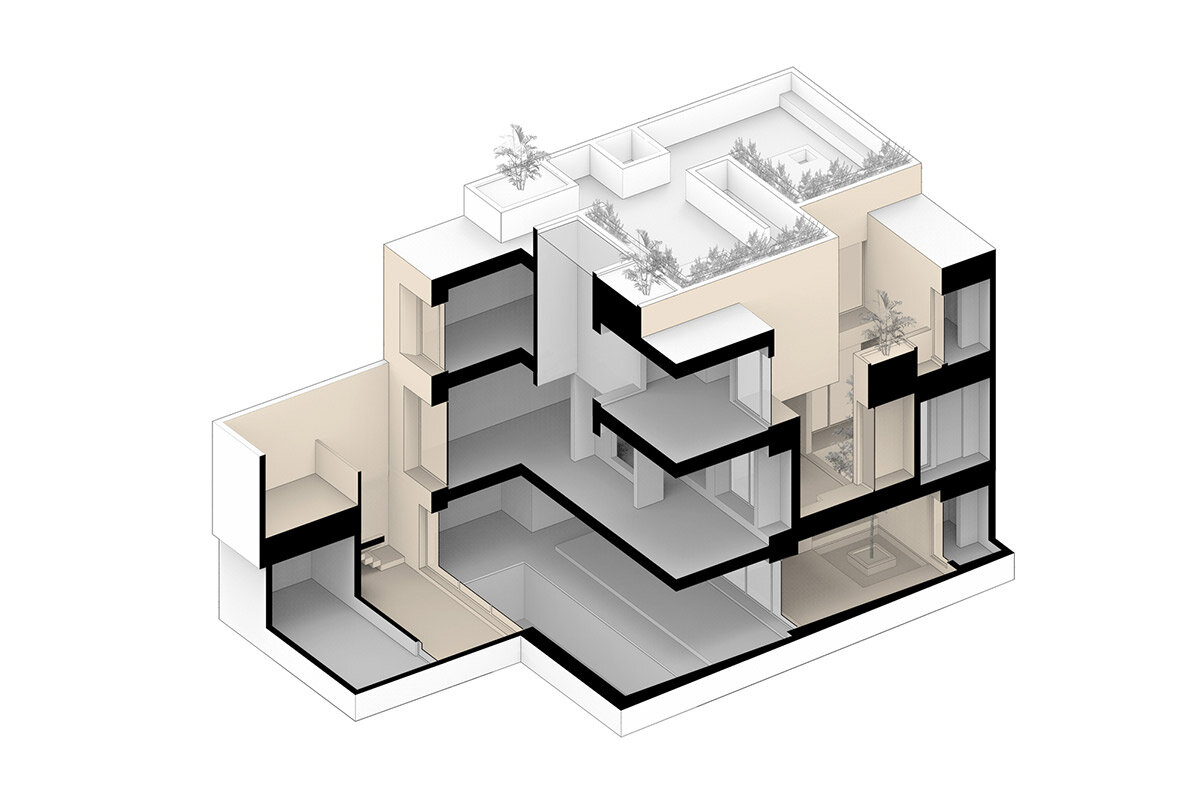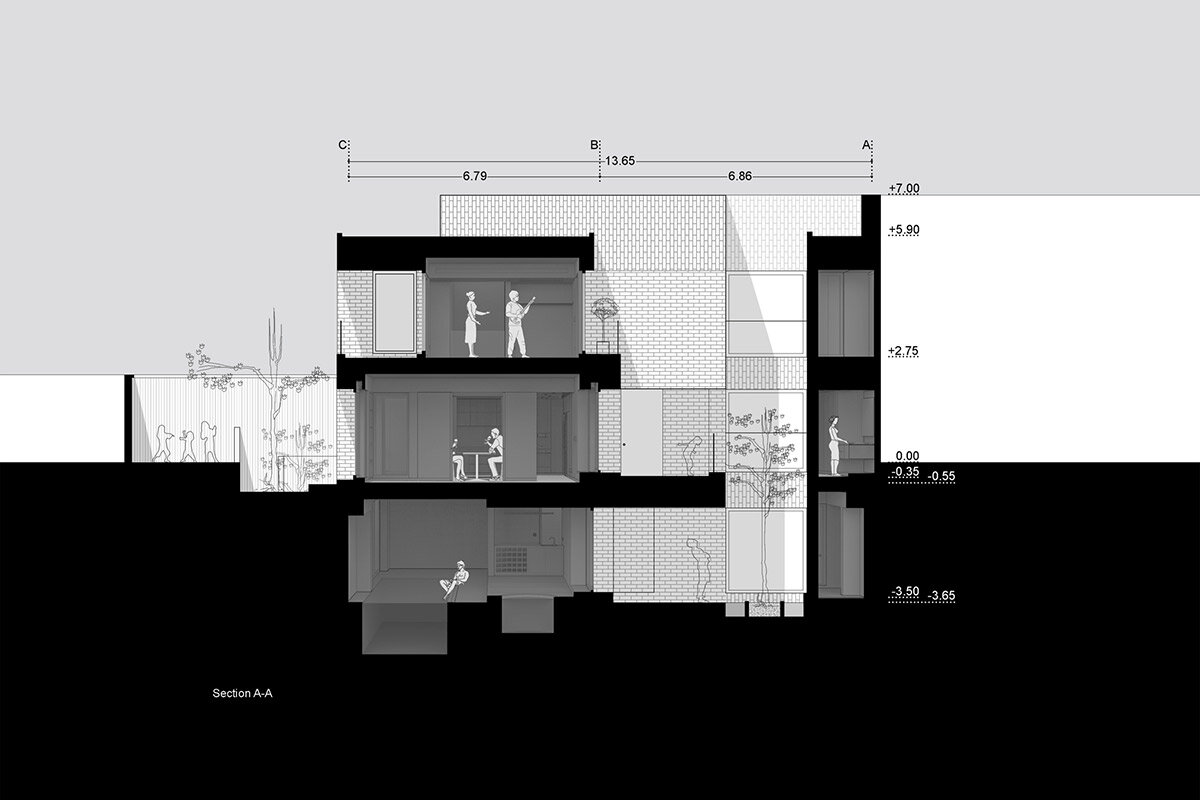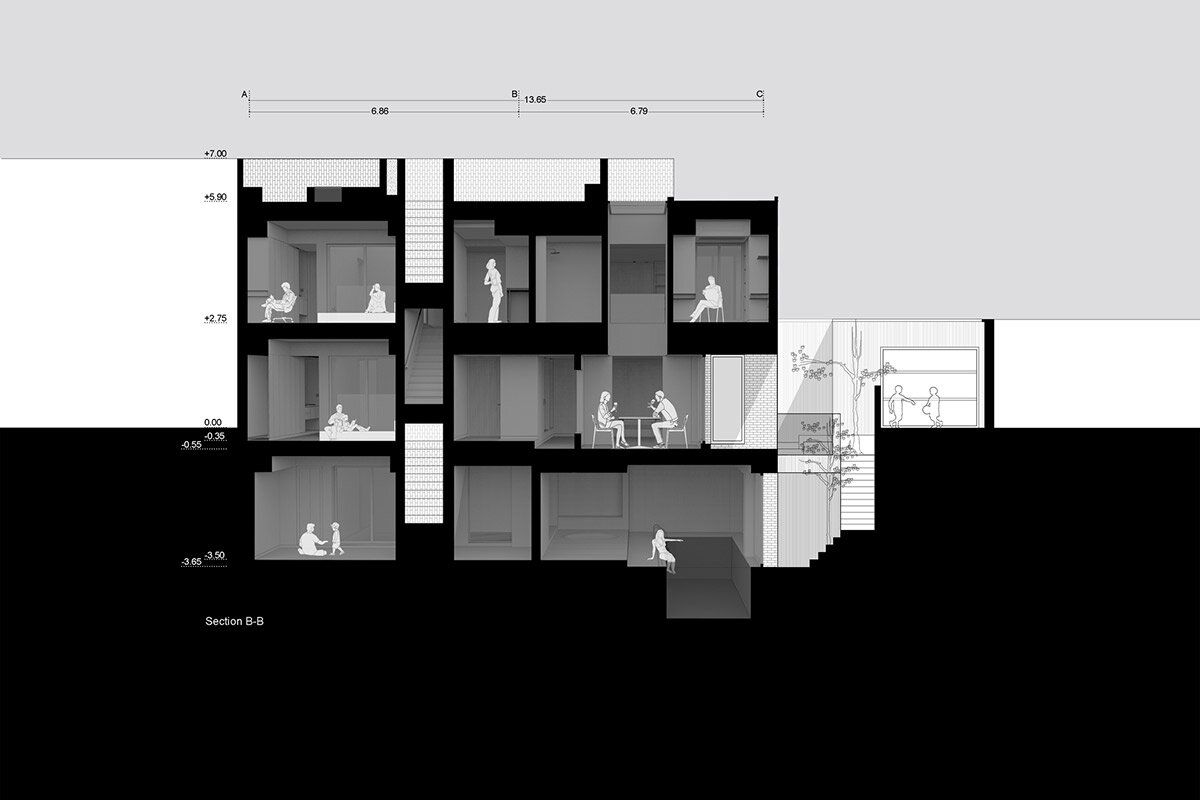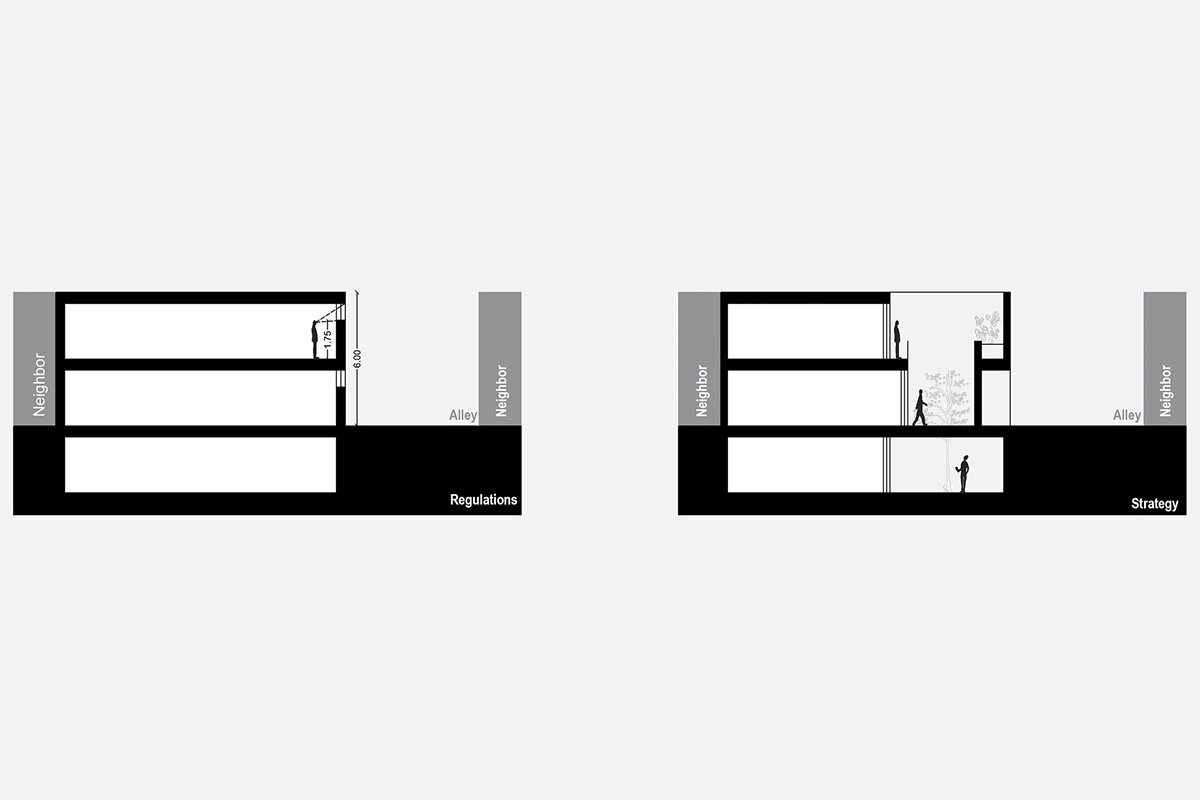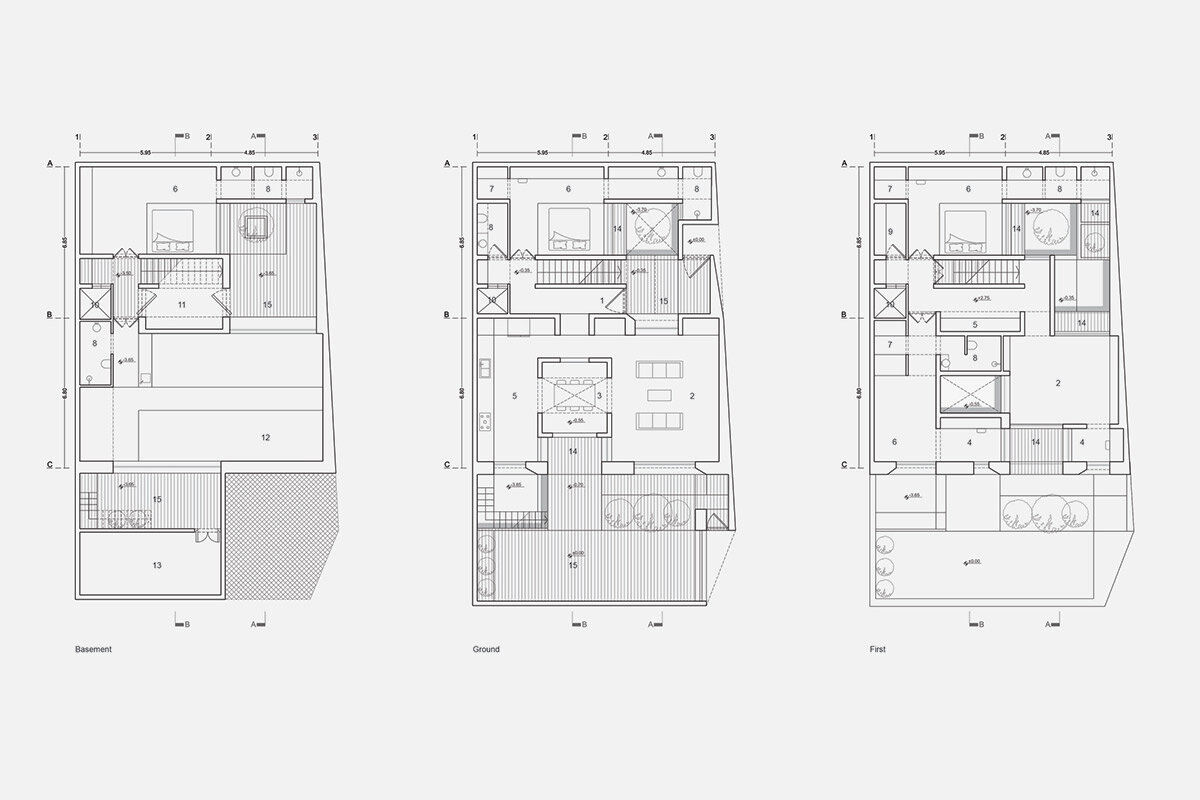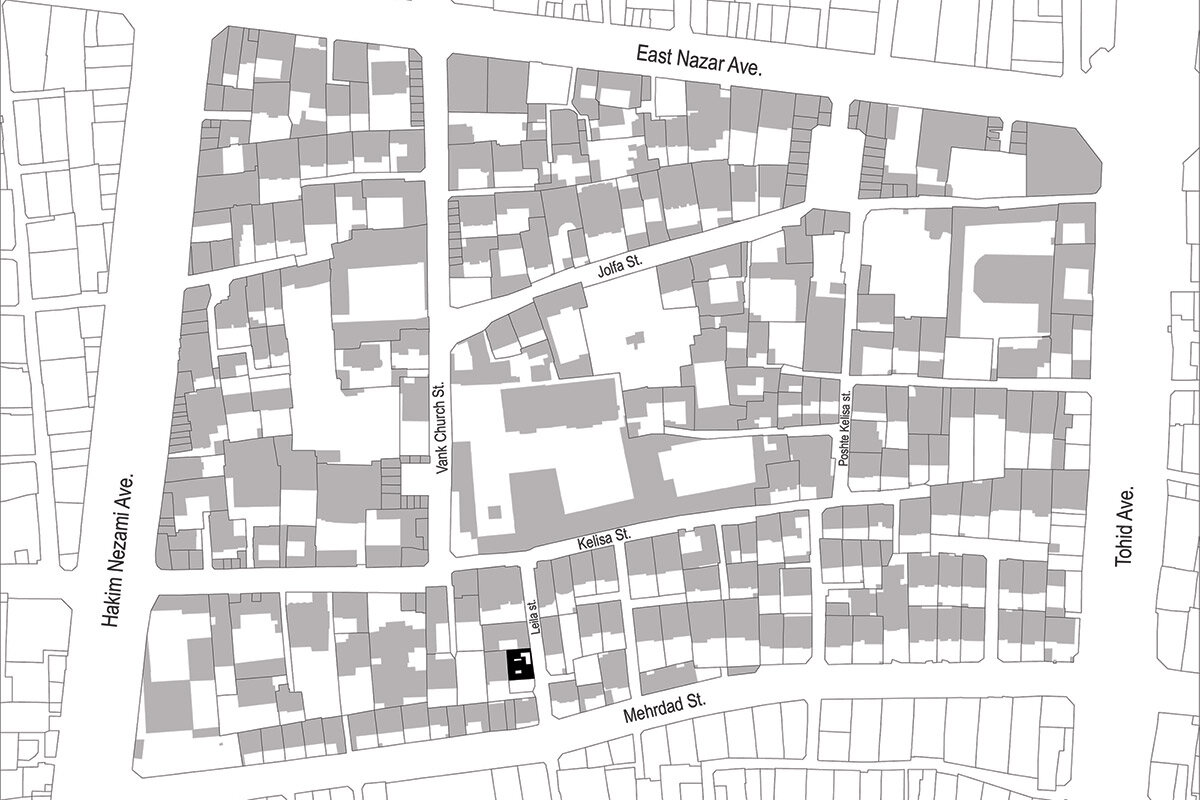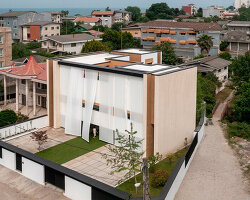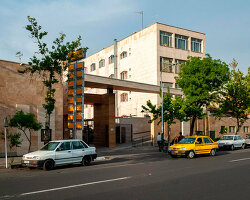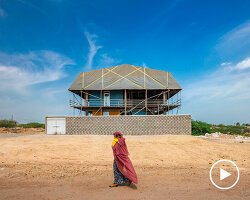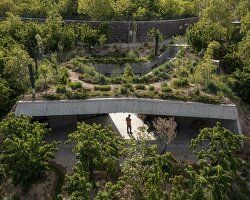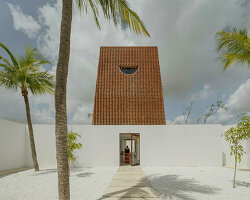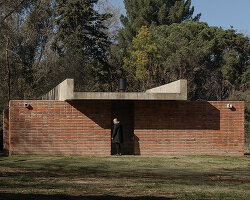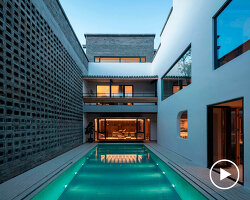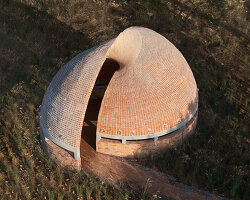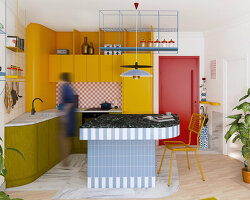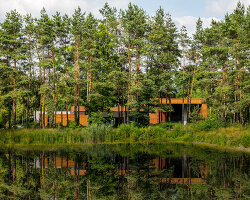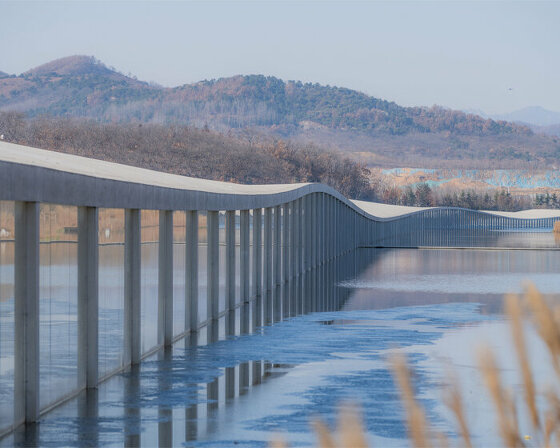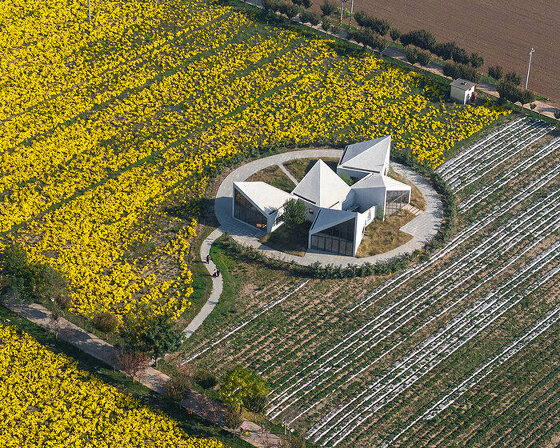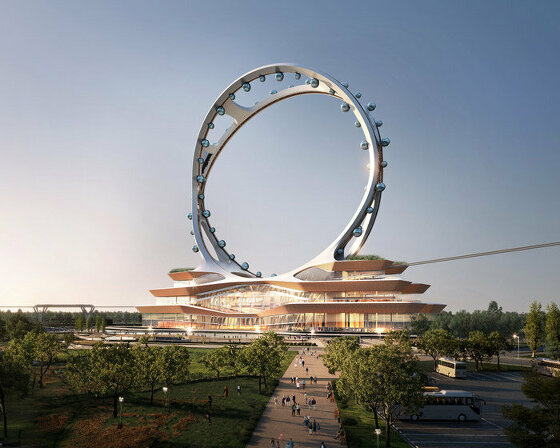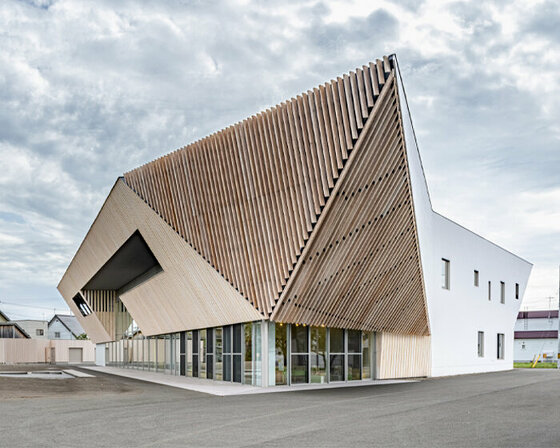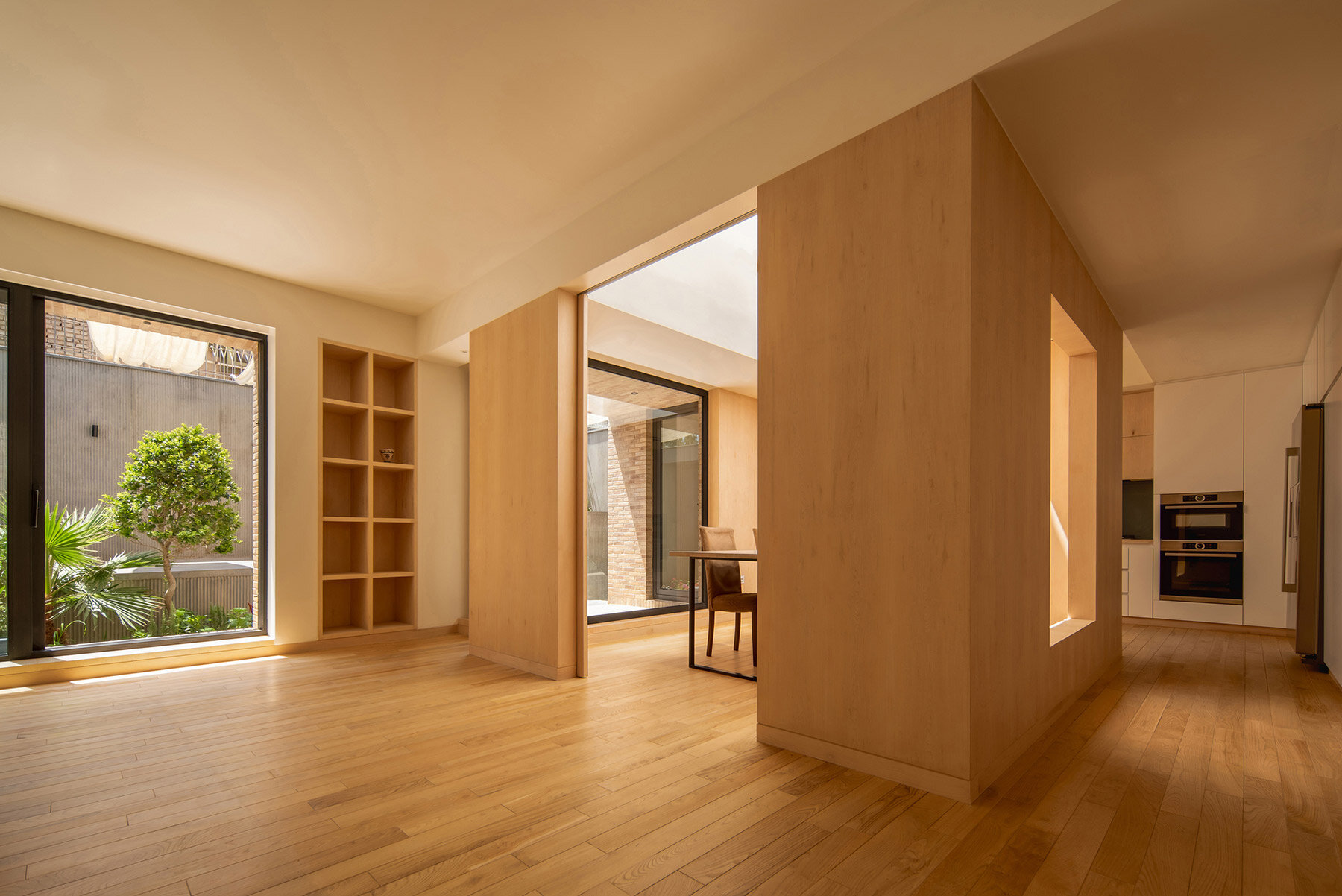
the dwelling reintroduces a permanent home to the increasingly touristic district
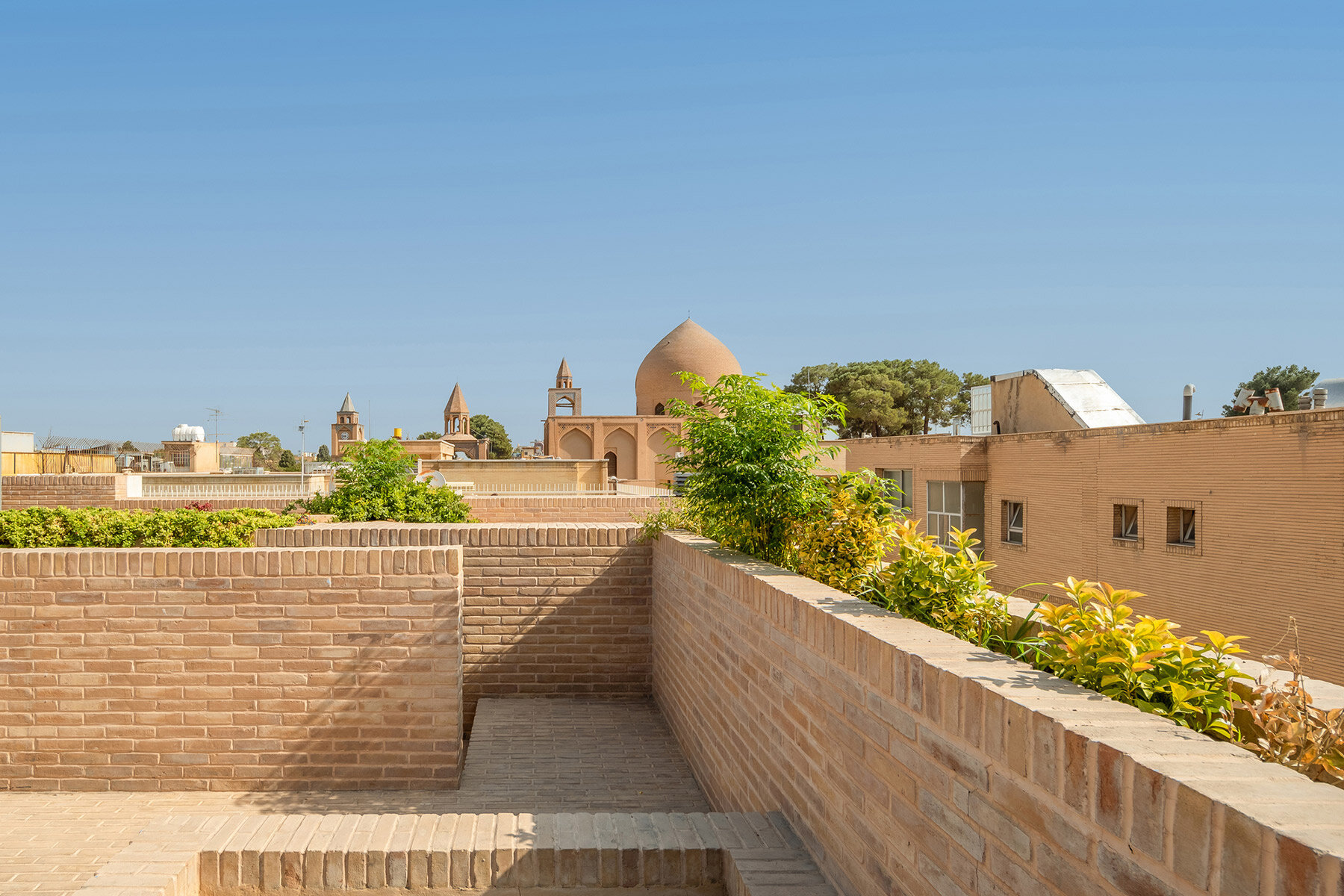
rooftop views gaze toward the Vank Cathedral, an Armenian church originally built in 1664
KEEP UP WITH OUR DAILY AND WEEKLY NEWSLETTERS
PRODUCT LIBRARY
'I wanted to present the building as a new landscape, embedding it into the chinese environment to create the experience of walking through the lake,' the japanese architect tells designboom.
atelier xi designs a library in a flower field as a cluster of geometric volumes, resembling faceted fragments of rock.
connections: +1960
UNStudio's ferris wheel will take shape with two intersecting rings with 64 capsules, each accommodating 20-25 visitors to seoul.
connections: +520
the center is a haven for wellbeing, child care, and interaction among the elderly in higashikawa.
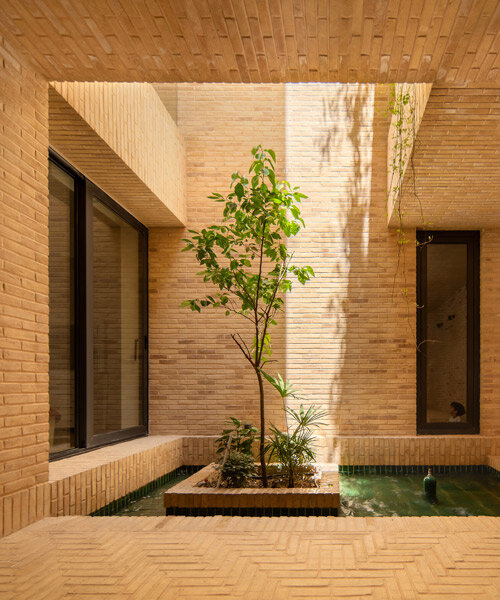
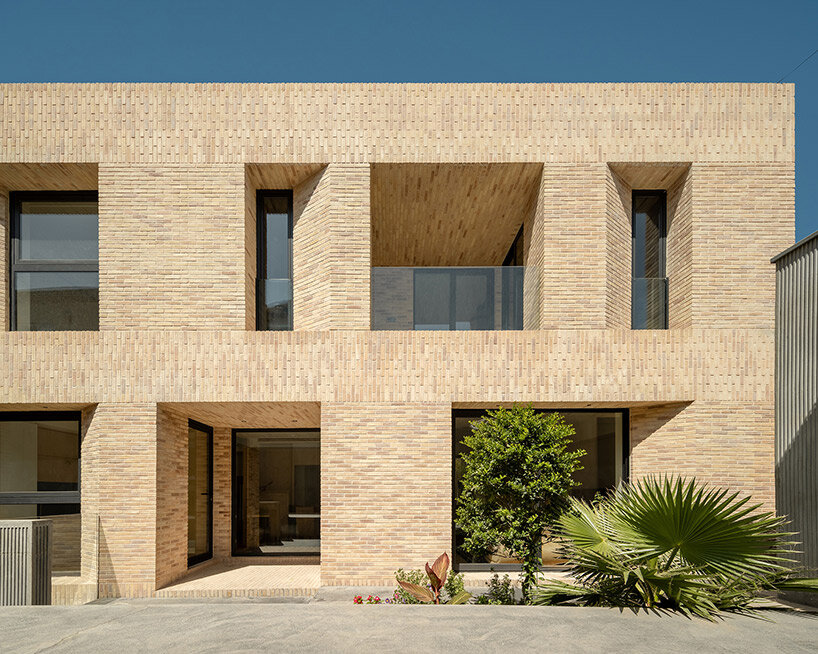
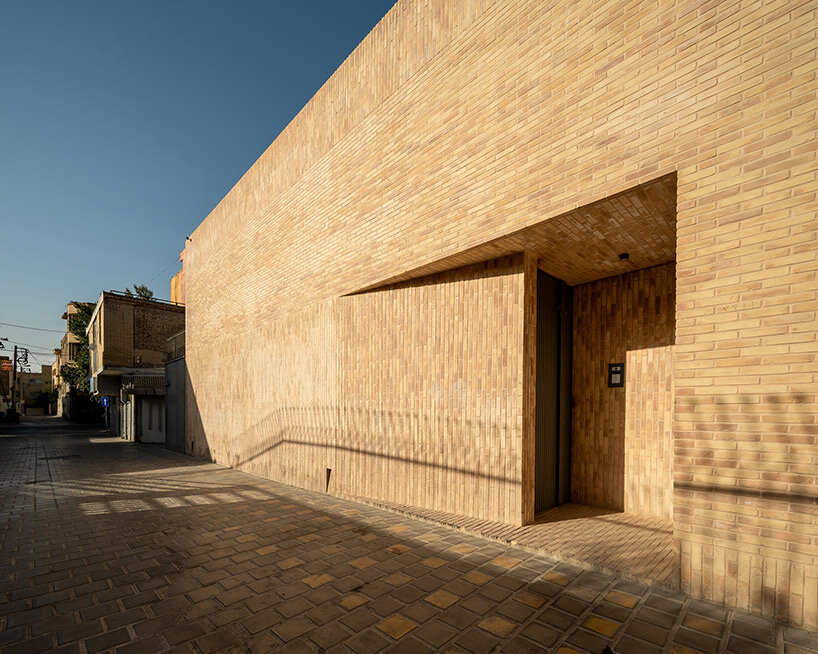
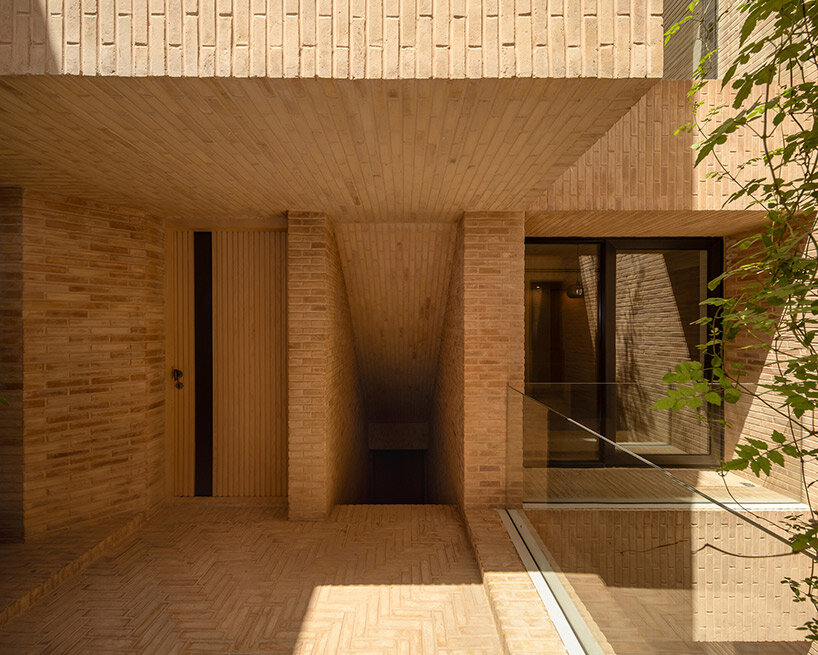
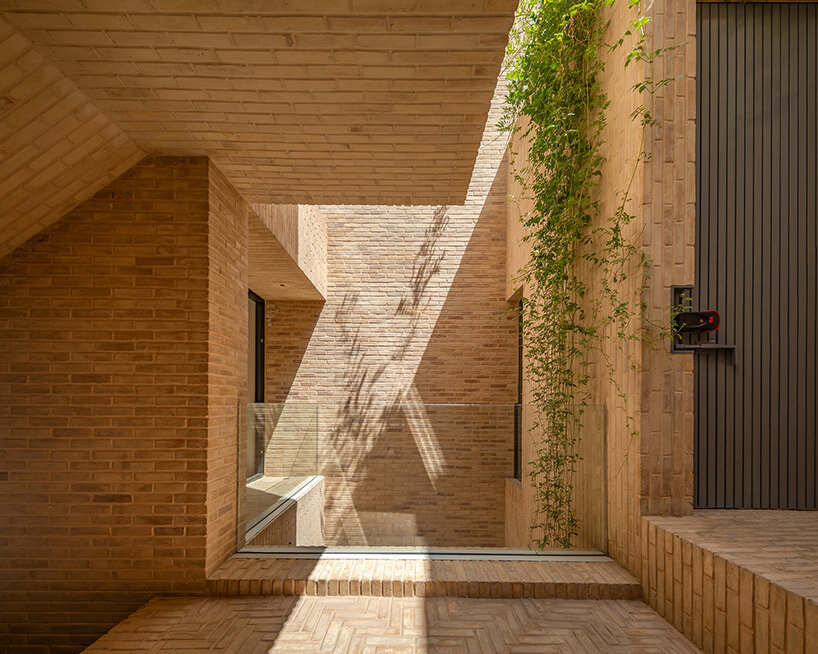
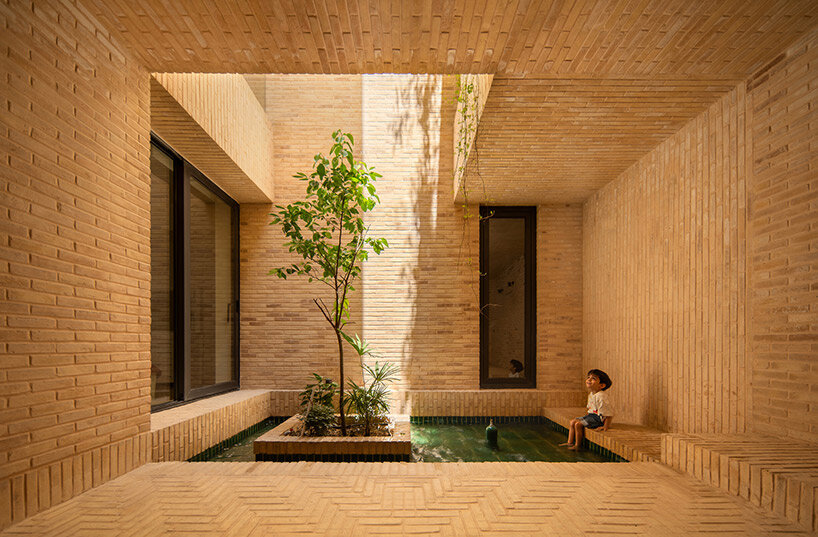 sunlight floods the interiors, illuminating a central courtyard and its small garden
sunlight floods the interiors, illuminating a central courtyard and its small garden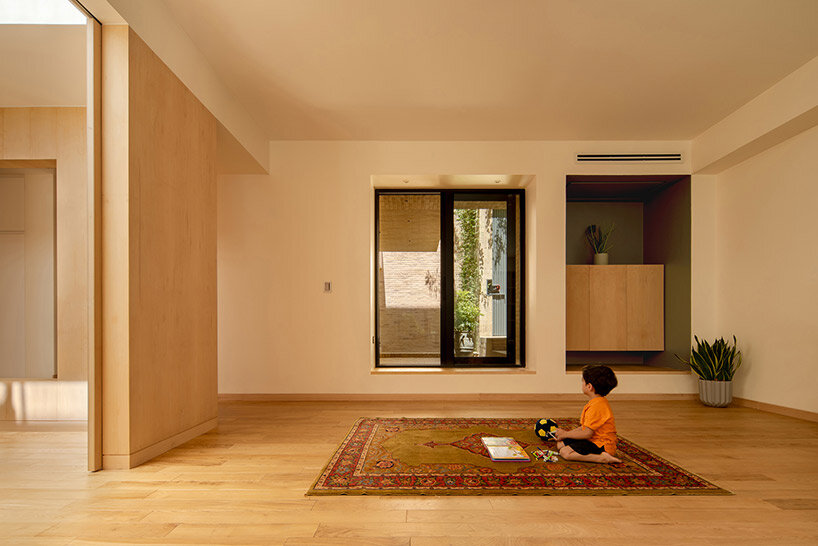 it was against the backdrop of the evolving neighborhood that the team sought to redefine the modern home
it was against the backdrop of the evolving neighborhood that the team sought to redefine the modern home